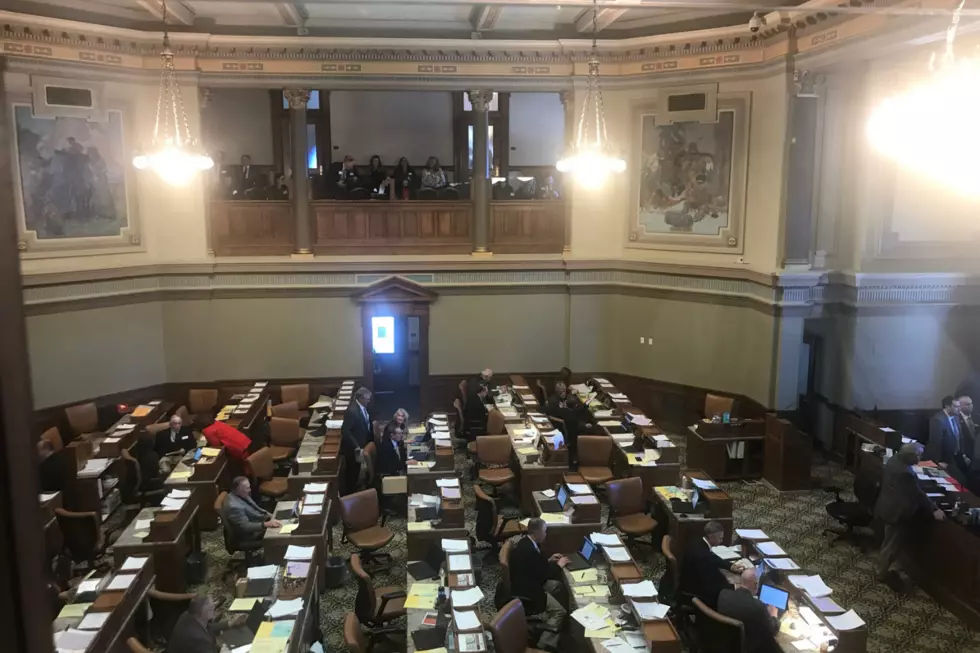
Gun Bill, Taxes, Medicaid Expansion On Wyoming Legislature Agenda
Several high-profile bills are scheduled to be considered by the Wyoming Legislature today [March 22].
In The Wyoming Senate, Senate File 145, which would call for runoffs in Wyoming primary elections in which no candidate gets a majority of the vote is scheduled for the second of three readings. Tentatively scheduled for the first reading in the senate is the Second Amendment Preservation Act, Senate File 81. That bill was approved by the Senate Judiciary Committee on a unanimous vote last week, despite opposition from the Wyoming Association of Sheriffs and Chiefs of Police.
Also slated for consideration in the Senate today is Senate File 154, which would expand the Medicaid Program.
In the Wyoming House today, high profile bills include the proposed 9 cents per gallon fuel tax increase, House Bill 26. A tobacco tax increase, House Bill 55 is also scheduled for the general file. Several abortion bills--House Bills 70, 134, AND 161--are also tentatively scheduled for general file consideration today.
Bills in the Wyoming Legislature are first referred to a committee in either the House or Senate. If they pass the committee, they then face three readings in one of the two houses. Bills can be amended at any point in that process, and, rarely, a reconsideration vote can be called if a lawmaker who voted with the majority asks for it. Reconsideration votes are usually only held in the case of a close voted, where one or two votes switching sides can change the outcome.
If a bill passes all three readings with majority support, it then goes on to the other house of the legislature, where the process begins all over again. If the bill again passes three readings, it goes on to the governor. The governor can sign the bill into law, or he can veto the measure.
If the governor vetoes a bill, the legislature can override his veto with a 2/3 majority vote of both houses of the legislature. If the legislature does not override the veto, the bill will not become law. The governor can also opt to allow for a bill to become law without his signature by neither signing nor vetoing the bill within three days (excluding Sundays).
The Worst Storms Of The Decade In Southeast Wyoming
More From Wake Up Wyoming









